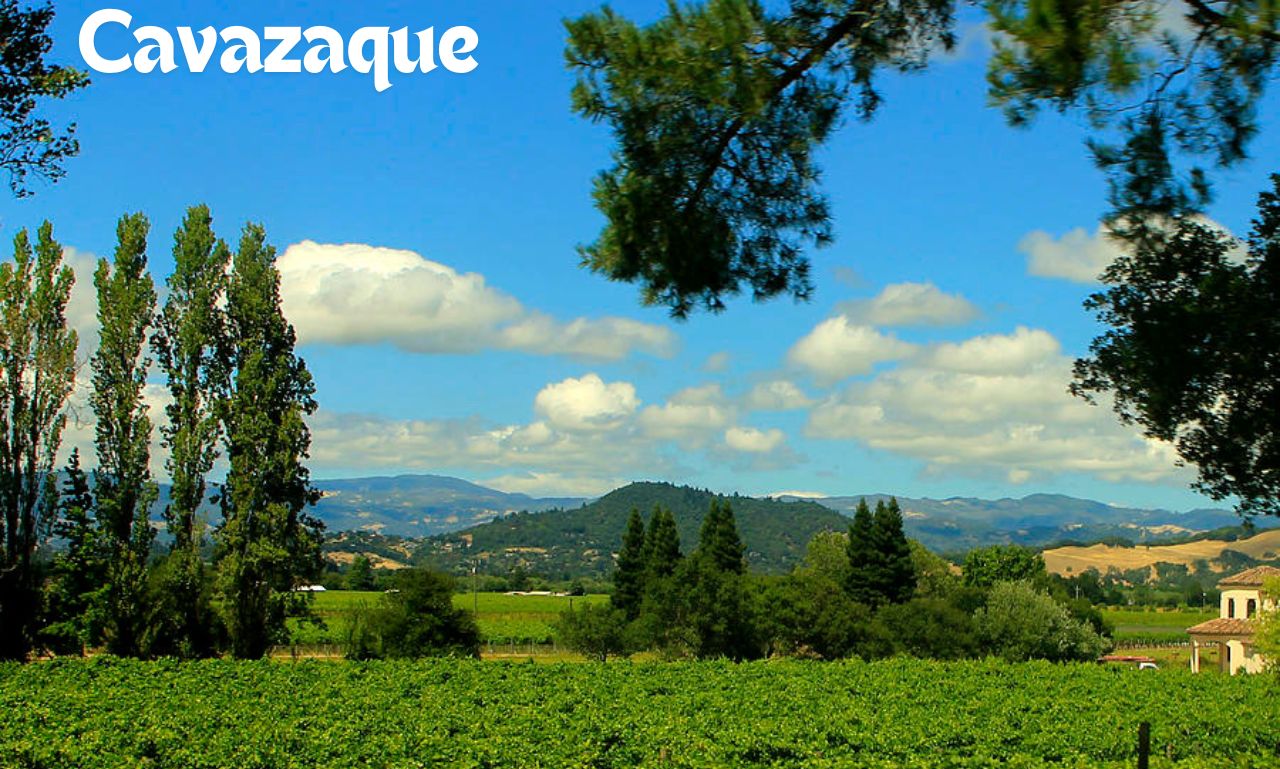Cavazaque, a term that evokes intrigue and mystery, is a subject that has fascinated historians, archaeologists, and enthusiasts of ancient civilizations alike. While there might not be a widely recognized historical civilization by this exact name, the concept of Cavazaque can be imagined as a legendary civilization, rich in culture, technology, and influence. This article explores the hypothetical civilization of Cavazaque, delving into its origins, society, culture, and impact on the world.
Origins of Cavazaque
The Mythical Beginnings
The legend of Cavazaque is believed to have originated in ancient texts and folklore passed down through generations. According to these myths, Cavazaque was founded by a group of visionary leaders who were said to possess advanced knowledge in various fields such as astronomy, engineering, and medicine. These founders were revered as demi-gods, believed to have descended from the heavens to establish a utopian society on Earth.
Geographical Setting
Cavazaque was purportedly located in a fertile valley surrounded by majestic mountains and lush forests, providing a natural defense against invaders. The civilization thrived near a river, which was considered sacred and believed to be the source of life and prosperity. The exact location of Cavazaque remains a mystery, with some scholars suggesting it could have been situated in South America, while others propose regions in Asia or Africa.
Society and Governance
Political Structure
The governance of Cavazaque was based on a unique system that combined elements of monarchy and democracy. The supreme ruler, known as the “Sovereign of Light,” was chosen through a divine selection process involving celestial signs and rituals. The Sovereign was assisted by a council of wise elders, who represented various regions and social strata of the civilization.
Social Hierarchy
Cavazaque society was organized into distinct classes, each with its own roles and responsibilities:
- Nobility: The upper echelon, including the Sovereign and council members, who wielded significant power and influence.
- Scholars and Priests: Respected for their knowledge and spiritual guidance, they played a crucial role in education and religious practices.
- Artisans and Merchants: Skilled craftsmen and traders who contributed to the economy and cultural development.
- Farmers and Laborers: The backbone of the society, responsible for agriculture and construction.
Legal System
The legal system of Cavazaque was based on a codified set of laws known as the “Scrolls of Justice.” These laws emphasized fairness, equality, and the well-being of the community. Punishments for crimes were designed to rehabilitate offenders rather than merely punish them, reflecting the society’s progressive approach to justice.
Cultural Achievements
Architecture and Engineering
Cavazaque was renowned for its architectural marvels, which included grand temples, palaces, and public works. The civilization’s engineers were masters of stone construction, creating structures that have withstood the test of time. Notable examples include:
- The Temple of Celestial Harmony: A massive edifice dedicated to the gods, featuring intricate carvings and astronomical alignments.
- The Grand Aqueduct: An advanced water management system that supplied fresh water to the entire city.
Art and Literature
Art and literature flourished in Cavazaque, with artists and writers enjoying significant patronage from the state. The civilization produced a wealth of artistic treasures, including:
- Mural Paintings: Depicting scenes from mythology, history, and daily life, these vibrant murals adorned the walls of public buildings and homes.
- Epic Poems and Prose: Literary works that chronicled the deeds of heroes, philosophical treatises, and moral tales, many of which were passed down through oral tradition.
Music and Dance
Music and dance were integral to Cavazaque’s cultural identity. The civilization had a rich tradition of musical instruments, including flutes, drums, and stringed instruments. Dance was not only a form of entertainment but also a means of religious expression and social bonding.
Technological Advancements
Astronomy and Mathematics
Cavazaque was a civilization of stargazers and mathematicians. They developed sophisticated astronomical tools to study celestial bodies and created accurate calendars that guided agricultural and religious activities. Their mathematical prowess extended to complex calculations in geometry and algebra, which were essential for their architectural projects.
Medicine and Healing
The medical knowledge of Cavazaque was advanced for its time. They practiced a holistic approach to health, combining herbal medicine, surgery, and spiritual healing. Medical practitioners, known as “Healers of the Sun,” were highly respected and played a vital role in maintaining public health.
Agriculture and Sustainability
Agriculture was the lifeblood of Cavazaque. They employed innovative techniques such as crop rotation, irrigation, and terrace farming to maximize yields and ensure food security. The civilization also had a deep understanding of environmental stewardship, practicing sustainable methods that preserved the fertility of the land.
Religious Beliefs and Practices
Pantheon of Gods
Cavazaque’s religion was polytheistic, with a pantheon of gods and goddesses representing various aspects of life and nature. Key deities included:
- Solara: The Sun God, worshipped as the giver of life and prosperity.
- Lunara: The Moon Goddess, associated with fertility and protection.
- Terrara: The Earth Mother, revered for her nurturing and sustaining powers.
Rituals and Ceremonies
Religious rituals and ceremonies were an integral part of daily life in Cavazaque. Major festivals were held to honor the gods, marked by elaborate processions, sacrifices, and feasts. Temples served as the focal points for worship, where priests conducted rites to ensure the favor of the deities.
Afterlife Beliefs
The people of Cavazaque believed in an afterlife where the soul would journey to the “Eternal Fields of Bliss.” Burial practices included elaborate tombs and grave goods to aid the deceased in their journey, reflecting their beliefs in life after death.
The Decline of Cavazaque
Theories of Decline
Like many ancient civilizations, Cavazaque eventually fell into decline. Various theories have been proposed to explain this, including:
- Natural Disasters: Catastrophic events such as earthquakes, floods, or droughts that disrupted their way of life.
- Invasion: Conquest by foreign powers or internal conflicts that weakened the civilization.
- Economic Collapse: Overreliance on certain resources or trade routes that led to economic instability.
Legacy and Influence
Despite its decline, the legacy of Cavazaque endures. The civilization’s contributions to architecture, art, science, and culture have left an indelible mark on history. Modern scholars and enthusiasts continue to study and celebrate Cavazaque, drawing inspiration from its achievements and values.
Conclusion
Cavazaque, though shrouded in mystery, represents a fascinating chapter in the annals of legendary civilizations. Its rich culture, technological advancements, and profound influence on subsequent societies make it a subject worthy of exploration and admiration. Whether fact or fiction, the legend of Cavazaque serves as a reminder of humanity’s enduring quest for knowledge, creativity, and connection with the divine.





